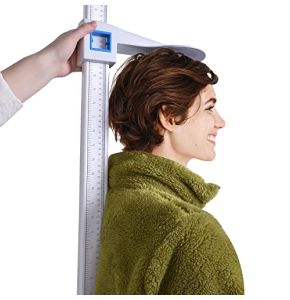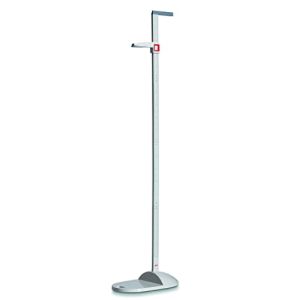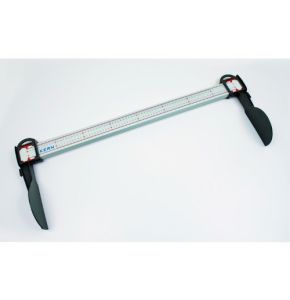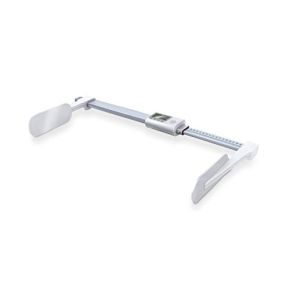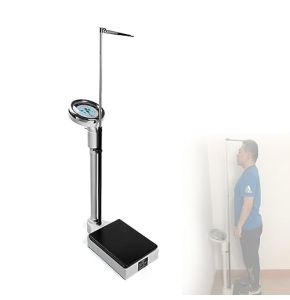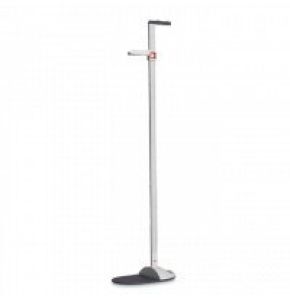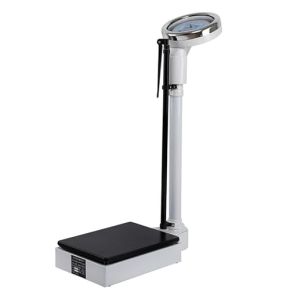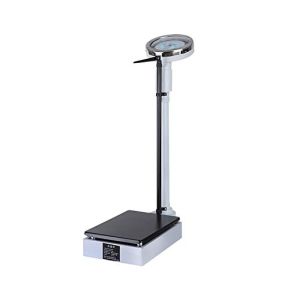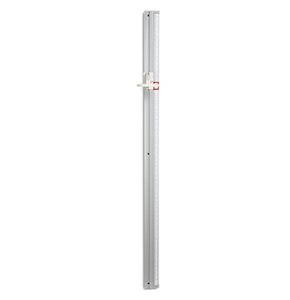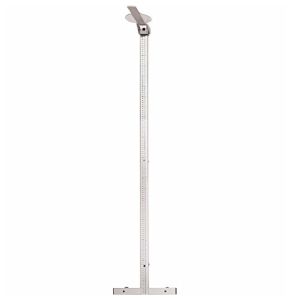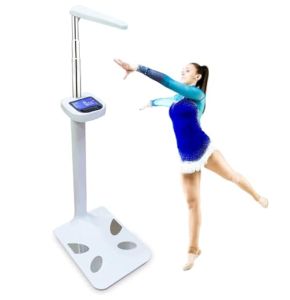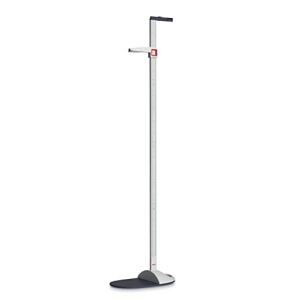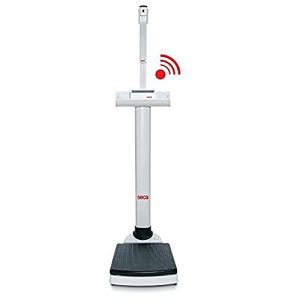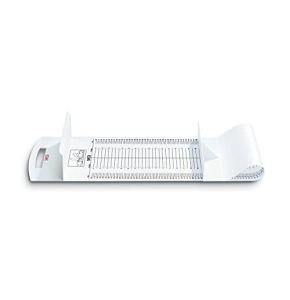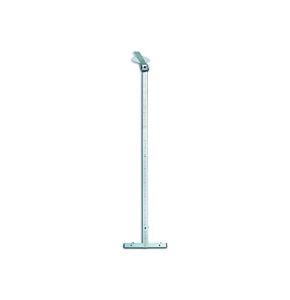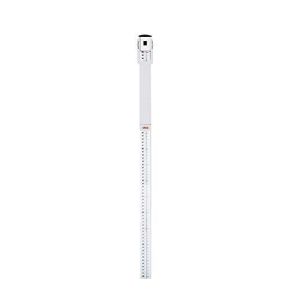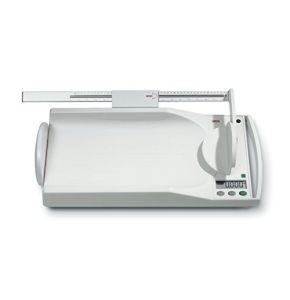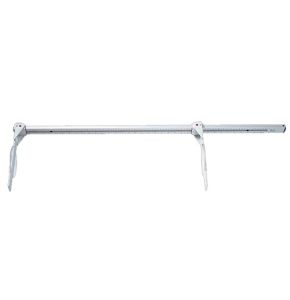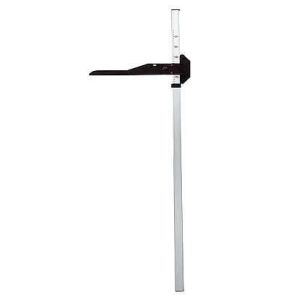Medical stadiometer
13/01/2025 240
13/01/2025 295
13/01/2025 303
13/01/2025 215
13/01/2025 306
13/01/2025 256
13/01/2025 306
13/01/2025 294
13/01/2025 282
13/01/2025 345
13/01/2025 296
13/01/2025 288
13/01/2025 303
13/01/2025 293
13/01/2025 262
13/01/2025 266
13/01/2025 302
13/01/2025 247
13/01/2025 276
13/01/2025 304
Get exact height measurements and reliable tracking with our professional-grade medical stadiometer. Made from robust materials, it ensures long-lasting performance and suits various healthcare settings, from medical offices to specialized care centers. Easy to set up, it features clear and precise readings to assist healthcare professionals. With this essential tool, you not only enhance the quality of your diagnoses but also increase patient satisfaction and trust. Invest in a high-performing stadiometer for optimal growth monitoring and more efficient examinations.
 Francais
Francais 
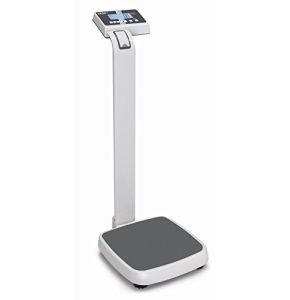
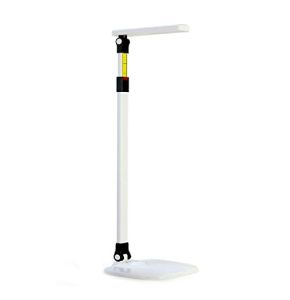
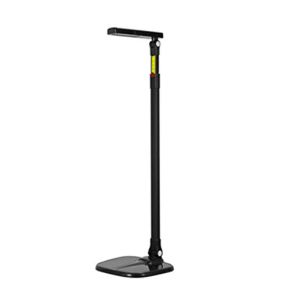
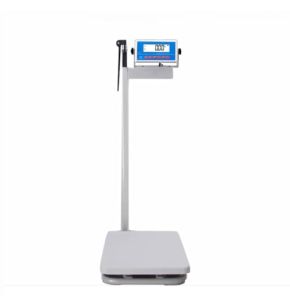
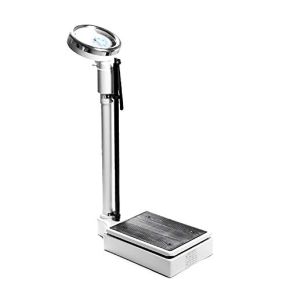
![Mechanical Stadiometer [Kern MSF 200] Measurement Range 60 - 200 cm Mechanical Stadiometer [Kern MSF 200] Measurement Range 60 - 200 cm](https://www.placemed.fr/image/cache/media/catalog/1/b00qvs6r7a_v_1_amaz-290x300.jpg)
